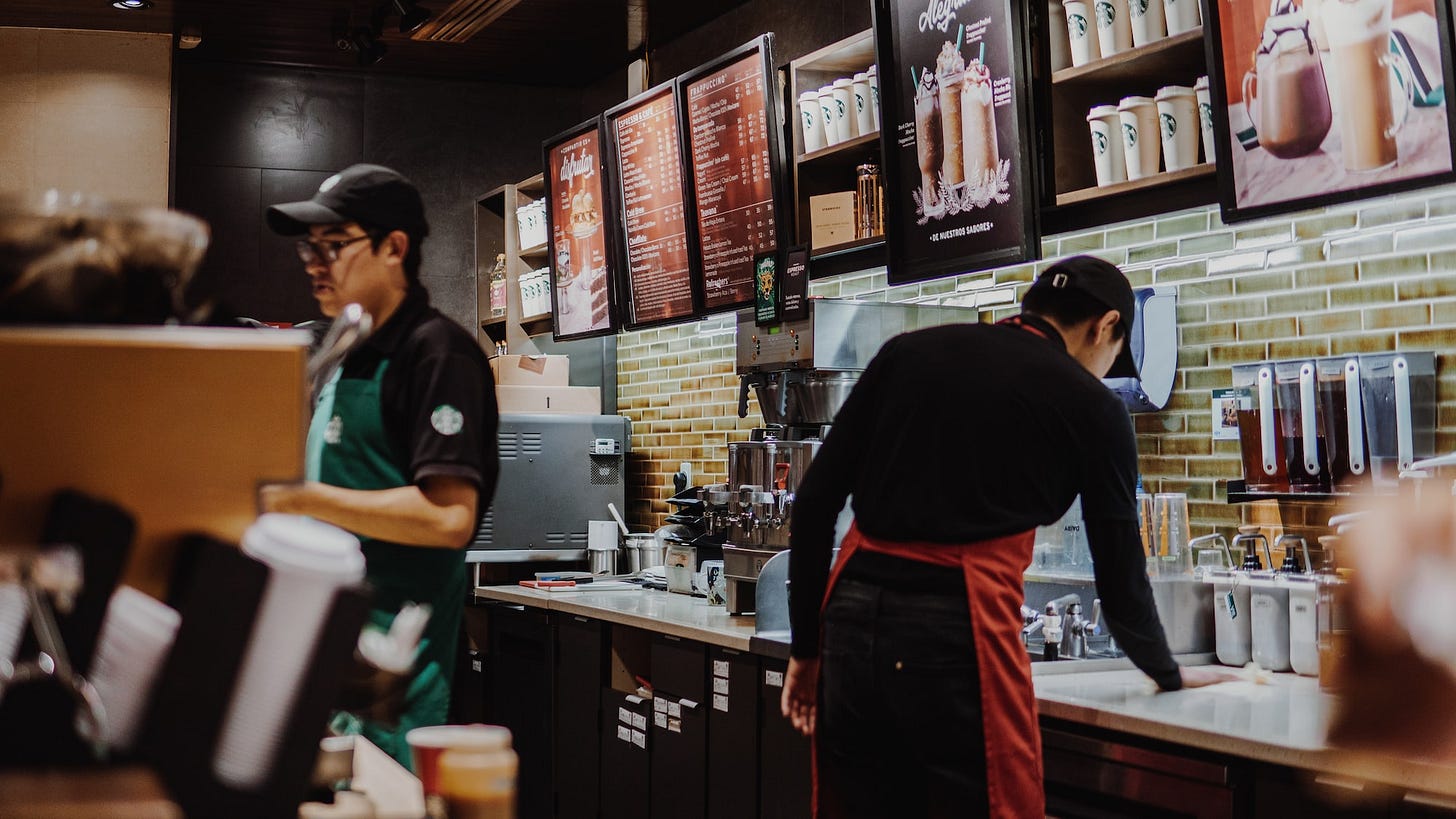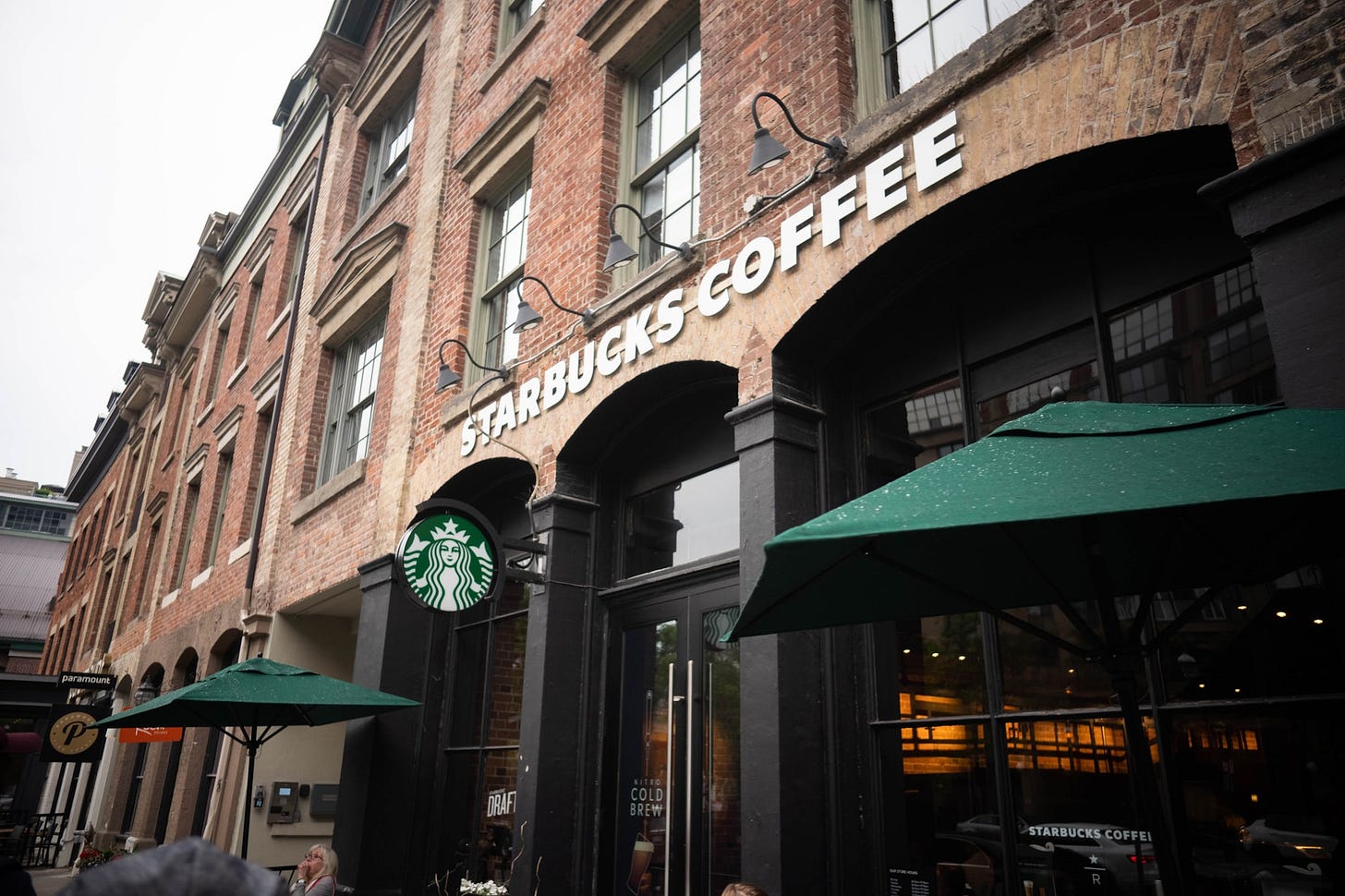Starbucks in Hot Water Over "Fruitless" Refresher Drinks: A Legal Battle Brews
How a Fruitless Lawsuit Could Leave Starbucks in a Legal Pickle
We're reader-supported and only partner with Attorneys and brands we trust. When you buy through links on our site we may receive a small commission at no extra cost to you.
We are born at a given moment, in a given place and, like vintage years of wine, we have the qualities of the year and of the season of which we are born. Astrology does not lay claim to anything more.
Ah, Starbucks. The coffeehouse chain that has become as ubiquitous as the air we breathe. With over 37,200 stores worldwide, it's the go-to spot for a quick caffeine fix, a casual business meeting, or a pseudo-fruit drink that may not be as fruity as you think. Yes, you read that right. Starbucks is currently embroiled in a lawsuit that could leave a bitter taste in the mouths of its loyal customers.
According to a legal filing published online by Court Listener, a U.S. district court judge has ruled that nine causes of action against Starbucks will remain active, while two others have been dropped. This comes after Starbucks filed a motion asking the court to dismiss all the causes of action. The judge's decision has been over a year in the making, following the plaintiff's initial lawsuit and an amended complaint 11 months later.
The lawsuit specifically targets the marketing and naming of six types of Starbucks Refresher drinks: Mango Dragonfruit Lemonade, Mango Dragonfruit, Strawberry Acai Lemonade, Strawberry Acai, Pineapple Passionfruit Lemonade, and Pineapple Passionfruit. The plaintiffs argue that these drinks are misleadingly named, as they do not contain the fruits they claim to represent. In other words, if you thought you were sipping on real mango or acai, think again.
Starbucks has countered these allegations by stating that the names "accurately describe the flavors as opposed to the ingredients." They also argue that any potential consumer confusion could be cleared up by information available from Starbucks's baristas. However, the judge noted that the names and marketing for these drinks could potentially mislead a "significant portion" of consumers.

While the allegations of unjust enrichment and common law fraud will not proceed, the judge has given the plaintiffs an opportunity to amend the common law fraud claim within 30 days. The plaintiffs are also seeking to certify the case as a class-action suit and are asking for damages, among other measures.
Moms are often the primary decision-makers when it comes to food and beverage choices for their families. Misleading marketing practices, like those alleged in this lawsuit, can make it difficult for moms to make informed decisions, further perpetuating issues related to health and consumer rights.
As the case moves forward, Starbucks may find itself having to answer for more than just the names of its drinks. The lawsuit raises questions about ethical marketing practices and consumer rights, issues that resonate with a broad audience. So the next time you find yourself in a Starbucks, pondering over whether to order that Mango Dragonfruit Refresher, remember: sometimes, things aren't as fruity as they seem.

Did You Know that Americans are estimated to have over $20 billion in unclaimed property
In a surprising revelation from Good Morning America, it has been discovered that Americans are sitting on more than $20 billion in unclaimed money. This 'unclaimed property' can include uncashed paychecks, refunds, or deposits. It is estimated that one in seven Americans is due a share of this vast fortune, which they may not realize they are owed.




